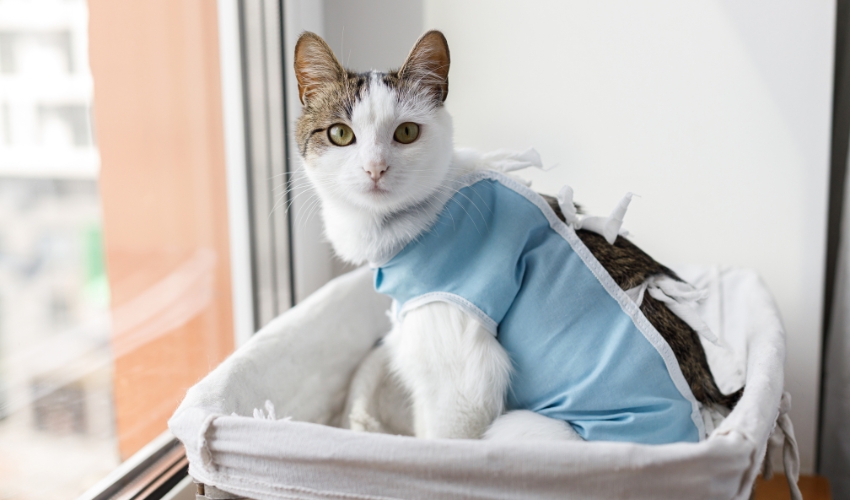Once a pregnant cat is diagnosed with Feline Immunodeficiency Virus, there could be implications that may affect the health of the upcoming kittens. These kittens could get FIV-positive just before they reach six months of age.
Read through this article and learn more about how common is FIV in kittens.
Viral Transmission Among Cats
The transferring of FIV from one positive cat into another is through bite wounds. These wounds can result from a fight or sexual intercourse with a cat that is positive for FIV.
On the other hand, an FIV-diagnosed mother cat could pass some of her FIV antibodies into her offspring, making it possible for kittens to be tested FIV-positive. This case leads people to think about the risk factors and morbidity rate of FIV in kittens.
FIV In Kittens
A testing procedure called snap test/combo test is used to detect FIV in a cat. But, this test can’t answer the question about the risk of FIV in kittens. The test is only capable of detecting the presence of FIV antibodies but not the presence of the virus itself.
If FIV antibodies are present in a kitten, it should not be a major concern because of two things.
First, these FIV antibodies came from an FIV-positive mother cat that used these antibodies to fight the virus while she was pregnant. The transfer of her antibodies to her kittens only says that she is the one who acquired the virus, not directly her offspring.
Second, the FIV antibodies from a mother cat only appear in a kitten’s early life. That is why it is recommended to have a kitten retested after six months of age. The result should be negative as the antibodies should have already left the kitten by this time.
Symptoms To Look Out For

The odds of a kitten being FIV-positive after its sixth month of age is very low. Although, if this happens, this kitten doesn’t need to be separated from other cats. It would live long enough despite being FIV-positive. As long as these cats are living peacefully, the transmission of FIV is insignificant.
These are the FIV in kittens symptoms that a pet owner should look out for:
- Episodes of seizures
- The onset of change in behavior
- Frequent eye problems
- Diarrhea
- Inflamed mouth and gums
- Loses appetite
- Episodes of fever
- Bad coat condition
Conclusion
Summing up, the answer to whether FIV in kittens is common… is an assuring no. This is evident just from the mode of transmission, which is about bite wounds from fighting and having sexual intercourse with a positive cat. Obviously, kittens are too young to participate in an aggressive fight or sexual intercourse in that matter.
Once these kittens are protected from stray cats that might bite them, their certainty of getting FIV is very low. Kittens, most of the time, can be found positive only in FIV antibodies but not in the virus itself.
For one thing, kittens living with stray cats in an unclean environment are prone to have FIV antibodies because these stray mother cats are usually FIV positive. On the other hand, sheltered cats and kittens are uncommon to be FIV positive.
Kittens, infected with feline diseases or not, should all be taken care of. They also deserve the love and care like any other pet would receive. You can visit Doobert and adopt a pet that will love you as you love and take care of them! You can also volunteer and help them empower animal welfare organizations.











